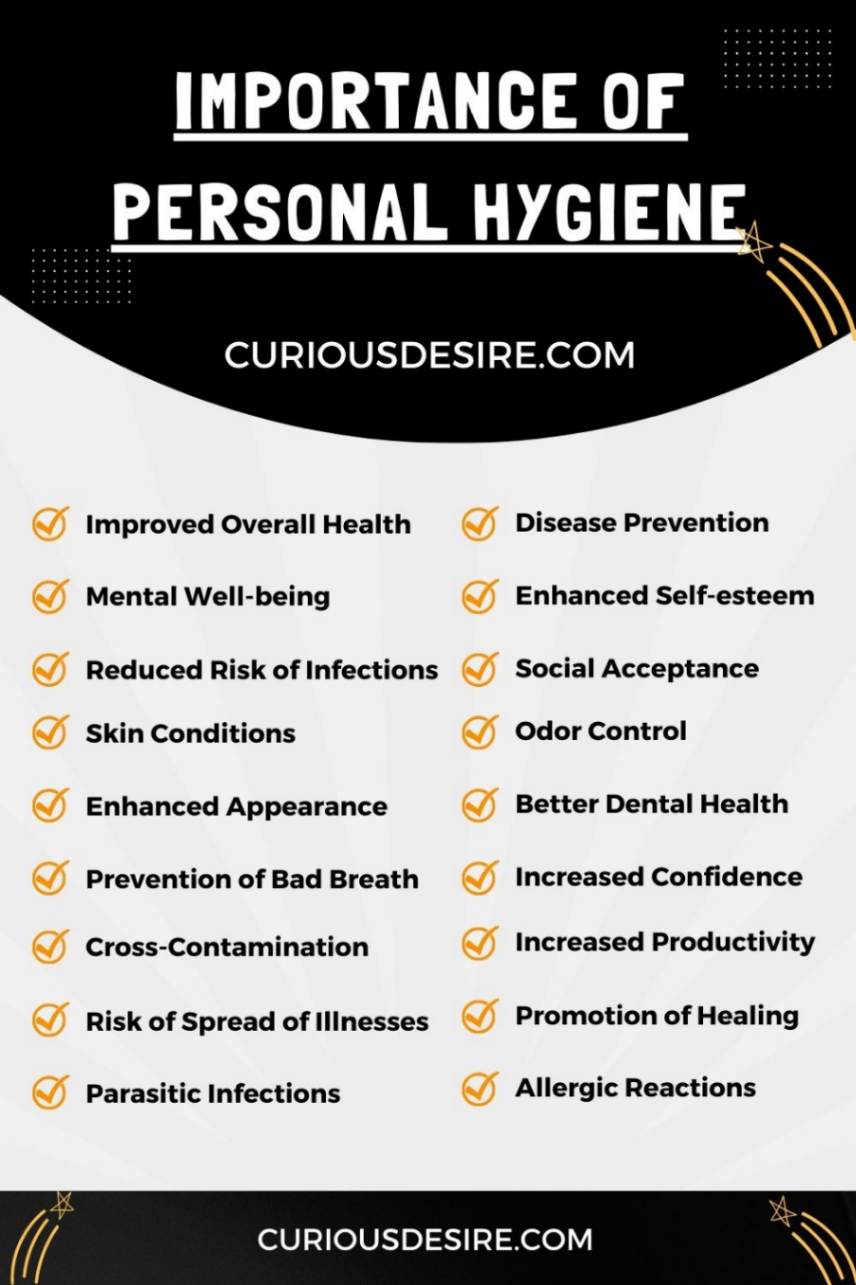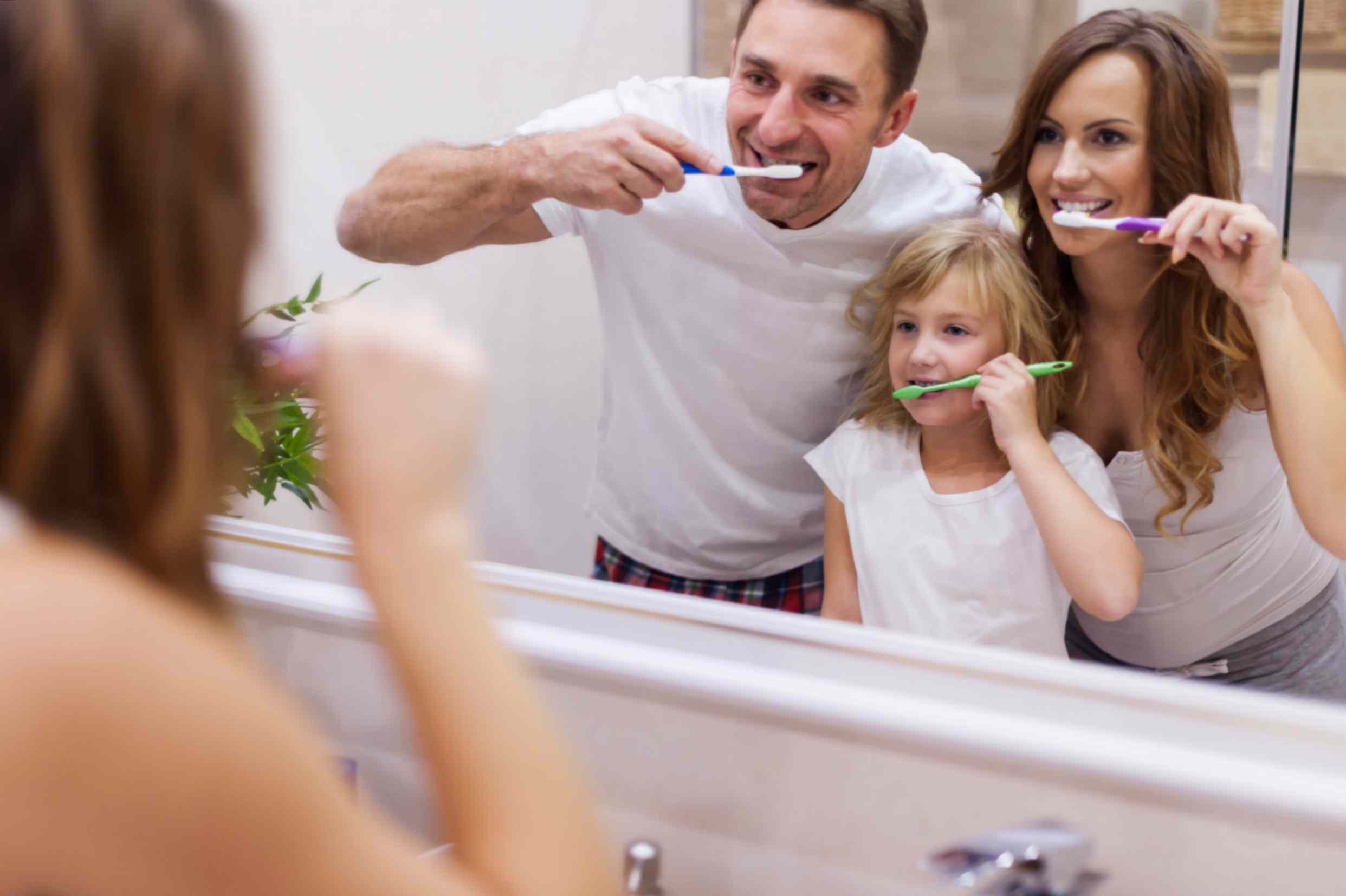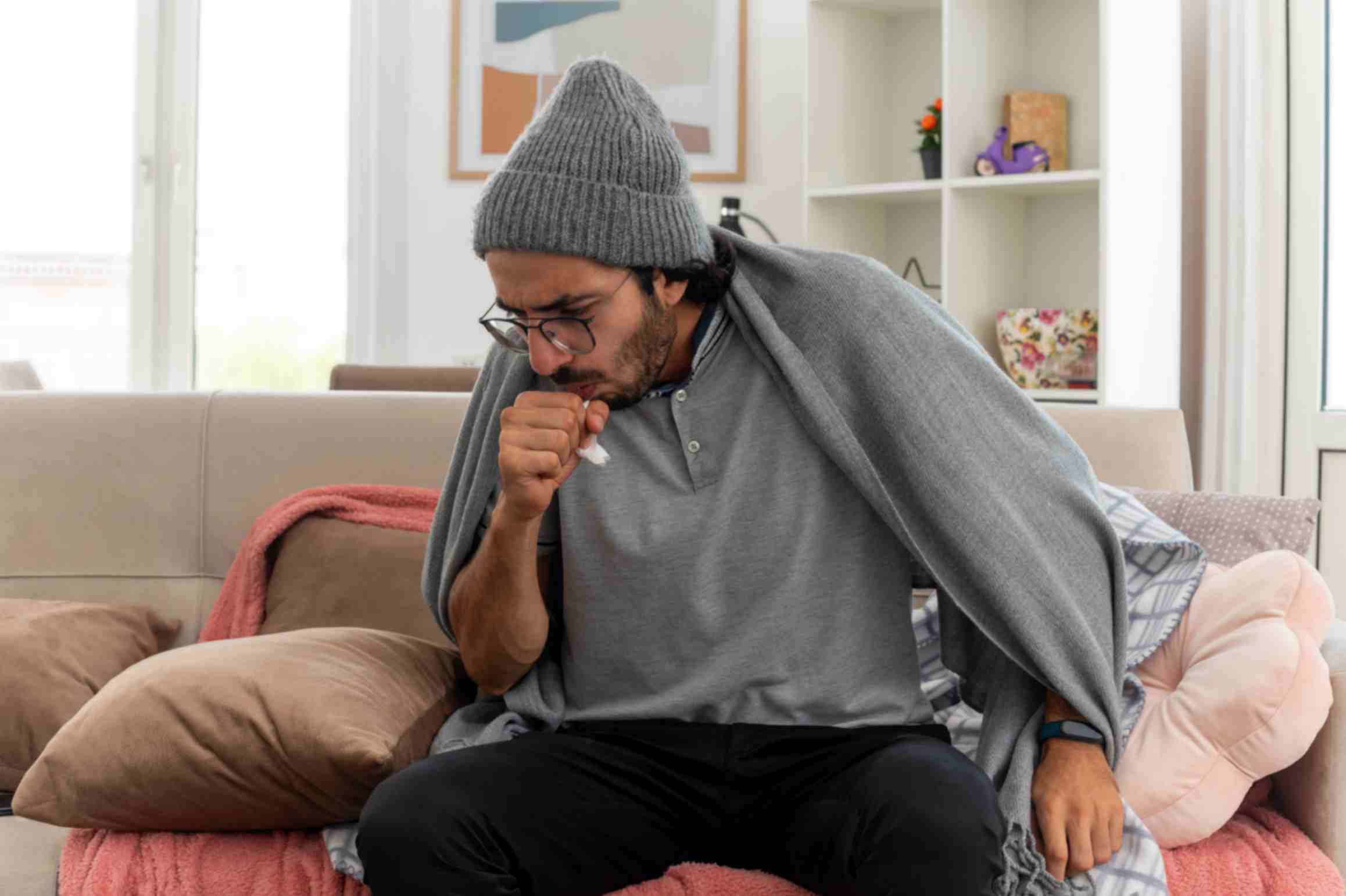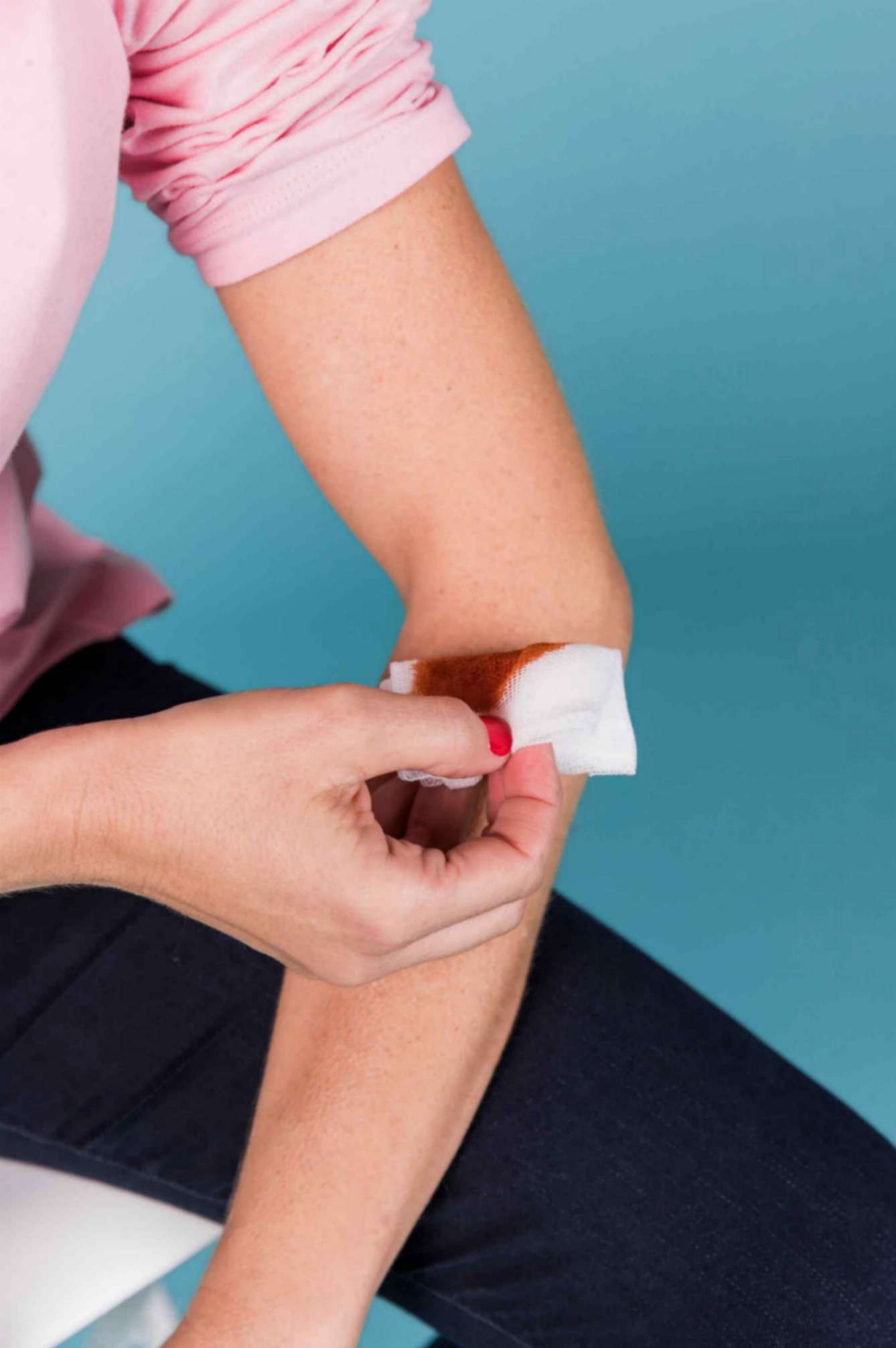Personal hygiene is incredibly important for our overall health and well-being. It involves simple habits like washing our hands, brushing our teeth, and keeping our bodies clean.
Good personal hygiene not only helps us stay healthy but also boosts our confidence and promotes social acceptance. In this article, we’ll explore the significance of personal hygiene and how it contributes to our health.
We’ll examine 18 key aspects of personal hygiene, from preventing diseases to boosting confidence and promoting social acceptance.
By understanding and practicing good personal hygiene, we can safeguard ourselves from illnesses, enhance our physical appearance, and promote a positive mindset.
Let’s explore these essential aspects of personal hygiene and learn how they impact our daily lives.
Here are the 5 effective reasons for the importance of personal hygiene:
- Disease Prevention
- Improved Overall Health
- Enhanced Self-esteem
- Odor Control
- Reduced Risk of Infections

1. Disease Prevention
Personal hygiene, like washing hands regularly and bathing, is important for preventing diseases. When we maintain good hygiene practices, we wash away harmful germs and bacteria that can make us sick.
For example, if we don’t wash our hands after using the bathroom, we can transfer germs to objects we touch, like doorknobs or food, which can then be picked up by others and lead to illnesses like colds or stomach bugs.
By keeping ourselves clean, we reduce the chances of getting sick and help our bodies stay healthy. So, simple acts like washing hands frequently can have a big impact on keeping us and those around us well, preventing diseases such as
- Cold and flu viruses
- Stomach bugs (gastrointestinal infections)
- Skin infections
- Respiratory infections (like pneumonia)
- Eye infections
- Urinary tract infections
- Parasitic infections (like lice or scabies)
2. Improved Overall Health
Maintaining good personal hygiene isn’t just about avoiding sickness; it’s also about promoting our overall health. When we take care of ourselves, we’re more likely to be healthy inside and out.
For example, regularly washing our hands helps prevent the spread of germs that can cause illnesses like colds and flu.
Additionally, brushing our teeth twice a day helps prevent cavities and gum disease, which can impact our overall health.
By practicing good hygiene habits, we’re not just avoiding illness; we’re also enhancing our well-being and longevity.
3. Enhanced Self-esteem
Feeling good about ourselves is important for our mental and emotional well-being, and personal hygiene plays a significant role in that. When we’re clean and well-groomed, we tend to feel more confident and positive.
For instance, taking a shower, grooming our hair, and putting on clean clothes can make us feel refreshed and ready to face the day with confidence.
Good personal hygiene boosts our self-esteem by improving our appearance and how we perceive ourselves, ultimately leading to a more positive self-image and outlook on life.
4. Social Acceptance
Being accepted by others is important for our social interactions and relationships, and personal hygiene greatly influences how others perceive us.
When we look and smell clean, people are more likely to want to be around us and engage with us socially.
For example, maintaining fresh breath through regular brushing and flossing can make conversations more enjoyable for everyone involved.
Good personal hygiene not only helps us feel confident but also promotes positive social interactions, leading to greater acceptance and inclusion within our communities.
5. Odor Control
Maintaining good personal hygiene is important to control body odor. When we sweat, bacteria on our skin break down sweat and produce odor. This can be particularly noticeable in areas like the underarms and feet.
Regular bathing with soap and water removes sweat and bacteria, keeping odor at bay. Using deodorants or antiperspirants further helps by reducing sweat and inhibiting bacterial growth.
Additionally, wearing clean clothes made from breathable fabrics helps minimize the accumulation of sweat and bacteria.
By practicing proper hygiene, we can effectively manage body odor and feel fresh throughout the day, improving our comfort and social interactions.

6. Reduced Risk of Infections
Good personal hygiene significantly lowers the risk of various infections. Washing hands regularly helps prevent the spread of germs that cause illnesses like colds, flu, and stomach bugs.
Touching surfaces contaminated with bacteria or viruses and then touching our face can lead to infection. Keeping our surroundings clean reduces the chance of coming into contact with harmful pathogens.
Additionally, practicing safe food handling, such as washing fruits and vegetables before eating and cooking meats thoroughly, minimizes the risk of foodborne illnesses.
By maintaining hygiene habits, we protect ourselves and others from infections, promoting overall health and well-being.
7. Increased Confidence
Personal hygiene plays a vital role in boosting confidence and self-esteem.
When we take care of our hygiene, such as grooming our hair, brushing our teeth, and wearing clean clothes, we feel more comfortable and confident in our appearance.
Starting the day with a refreshing shower not only cleanses the body but also refreshes the mind, setting a positive tone for the day ahead.
Putting on fresh clothes can enhance our mood and readiness to face the day with enthusiasm.
Good personal hygiene not only improves physical health but also strengthens our self-confidence, empowering us to engage confidently in social interactions and daily activities.
8. Better Dental Health
Good personal hygiene habits, particularly in oral care, contribute to better dental health.
Brushing teeth twice a day and flossing daily help remove food particles and plaque, preventing the buildup of bacteria that can lead to tooth decay and gum disease.
Additionally, regular dental check-ups and cleanings help detect and address any oral health issues early on.
By maintaining proper oral hygiene practices, we can keep our teeth and gums healthy, preventing cavities, gum disease, and other dental problems, which ultimately contribute to our overall well-being and quality of life.

9. Improved Mental Well-being
Personal hygiene not only impacts physical health but also plays a significant role in mental well-being.
Engaging in regular hygiene routines, such as bathing, grooming, and dressing, promotes a sense of cleanliness and self-care.
These activities can uplift mood, boost self-esteem, and enhance overall mental well-being.
For example, taking a warm shower can help relax the body and alleviate stress, while grooming activities like styling hair or applying skincare products can promote a sense of self-confidence and satisfaction.
By prioritizing personal hygiene, we nurture a positive self-image and cultivate feelings of well-being and self-worth, contributing to a healthier mindset and overall happiness.
10. Prevention of Skin Conditions
When we neglect to wash regularly, dirt, sweat, and bacteria can accumulate on our skin, leading to clogged pores, acne, or other skin problems.
Regularly washing our face and body with mild soap and water helps remove dirt, oil, and bacteria, keeping our skin clean and healthy.
Additionally, exfoliating a few times a week can help remove dead skin cells and prevent pore blockages.
For example, using a gentle facial cleanser suitable for our skin type and following up with a moisturizer can help maintain skin balance and prevent dryness or irritation.
By practicing good hygiene habits and using appropriate skincare products, we can prevent skin conditions and promote overall skin health and comfort.
11. Enhanced Physical Appearance
Maintaining proper personal hygiene not only contributes to good health but also enhances our physical appearance.
When we take care of ourselves by grooming our hair, trimming our nails, and wearing clean clothes, we project a well-groomed and attractive appearance.
For instance, washing and styling our hair regularly can help us achieve a polished look while maintaining neatly trimmed nails adds to our overall grooming.
Additionally, choosing clean and well-fitted clothes that suit our style can enhance our appearance and confidence.
12. Prevention of Bad Breath
Maintaining good oral hygiene is essential for preventing bad breath. When we neglect to brush and floss regularly, food particles and bacteria can accumulate in our mouth, leading to unpleasant breath odor.
To prevent bad breath, it’s important to brush your teeth thoroughly twice a day and floss daily to remove food particles and plaque. Additionally, using mouthwash can help reduce bacteria and freshen your breath.
It’s also essential to clean the tongue regularly, as bacteria can accumulate on its surface and contribute to bad breath.
For example, using a tongue scraper or gently brushing the tongue can help remove bacteria and debris.
By maintaining good oral hygiene habits and incorporating tongue cleaning into our routine, we can prevent bad breath and maintain a fresh and confident smile, promoting overall oral health and positive social interactions.
13. Reduced Risk of Spread of Illnesses
Maintaining good personal hygiene significantly reduces the risk of spreading illnesses to others.
When we wash our hands regularly and cover our mouths when coughing or sneezing, we minimize the transmission of germs to surfaces and other people.
This helps prevent the spread of contagious diseases such as colds, flu, and stomach infections.
For instance, washing hands before and after handling food or after using the bathroom prevents the spread of harmful bacteria and viruses that cause these illnesses.
By practicing good hygiene habits, we protect ourselves and others from getting sick, contributing to a healthier community and reducing the burden on healthcare systems.

14. Prevention of Cross-Contamination
Good personal hygiene practices prevent the cross-contamination of bacteria and viruses between surfaces and objects.
When we clean and disinfect commonly touched surfaces, such as doorknobs, countertops, and electronic devices, we reduce the risk of transferring germs from one surface to another.
This prevents the spread of infectious diseases like food poisoning, respiratory infections, and skin infections.
For example, regularly disinfecting kitchen surfaces and utensils prevents the spread of foodborne pathogens, while sanitizing shared workspaces reduces the risk of respiratory illnesses.
By maintaining cleanliness and practicing proper hygiene, we prevent the cross-contamination of harmful microorganisms, promoting a safer and healthier environment for ourselves and others.
15. Increased Productivity
Maintaining good personal hygiene contributes to increased productivity in various aspects of life.
When we prioritize hygiene practices such as regular handwashing, proper sanitation, and cleanliness in our surroundings, we reduce the likelihood of falling ill and taking sick days from work or school.
This helps prevent productivity losses due to absenteeism and presenteeism, where individuals attend work while sick, leading to reduced efficiency and the potential spread of illness to coworkers.
By practicing good hygiene habits, we enhance productivity and well-being, leading to better performance and achievement of goals in both personal and professional settings.
16. Prevention of Parasitic Infections
Maintaining good personal hygiene helps prevent parasitic infections. Parasites such as lice, scabies, and certain types of worms can spread through close contact with contaminated surfaces or individuals.
By practicing proper hygiene, such as regular bathing with soap and water and wearing clean clothes, we reduce the risk of parasitic infestations.
For example, washing bedding and clothing regularly can help eliminate parasites and their eggs. Additionally, avoiding sharing personal items like combs or towels can further prevent the spread of parasites.
17. Promotion of Healing
Good personal hygiene promotes healing and prevents infections in wounds and injuries.
Keeping wounds clean and properly bandaged reduces the risk of bacterial contamination, which can lead to infections and delayed healing.
Regularly cleaning wounds with mild soap and water and applying antiseptic ointments or creams help prevent infection and promote faster healing.
Additionally, changing bandages regularly and keeping the wound dry and protected from dirt and bacteria further supports the healing process.
By maintaining good hygiene practices, we facilitate the body’s natural healing mechanisms, reducing the risk of complications and promoting quicker recovery from injuries and wounds.

18. Prevention of Allergic Reactions
Practicing good personal hygiene helps prevent allergic reactions by reducing exposure to allergens.
Allergens such as dust mites, pollen, pet dander, and mold can accumulate on skin, hair, and clothing, triggering allergic reactions in susceptible individuals.
By bathing regularly and washing clothes and bedding frequently, we remove allergens from our environment and minimize contact with them.
For example, regularly vacuuming and dusting our living spaces helps reduce indoor allergens, while washing bedding in hot water kills dust mites and removes pollen.
By prioritizing hygiene habits, we reduce the risk of allergic reactions and promote better respiratory and skin health for individuals with allergies.
Conclusion
In conclusion, personal hygiene is vital for our health and well-being, impacting everything from disease prevention to social acceptance.
By incorporating simple habits like handwashing, teeth brushing, and bathing into our daily routines, we can protect ourselves from illnesses, boost our confidence, and improve our overall quality of life.
It’s especially important to develop these habits in children from a young age. Teaching kids about personal hygiene not only helps keep them healthy but also sets them up for a lifetime of good habits.
By highlighting the importance of hygiene early on, we empower children to take responsibility for their health and well-being, ensuring a happier and healthier future for them.
Importance of Personal Hygiene FAQs
1. Why is handwashing important for personal hygiene?
Handwashing removes germs, preventing illnesses like colds and flu by washing hands with soap and water for at least 20 seconds. It’s fundamental for our health and prevents infection transmission to others.
2. How does brushing your teeth contribute to personal hygiene?
Brushing teeth twice daily prevents tooth decay and gum disease by removing food particles and plaque, promoting dental health. Regular brushing maintains oral hygiene and prevents issues like cavities and bad breath.
3. Why is showering regularly important for personal hygiene?
Regular showering cleanses the skin, removing sweat, dirt, and bacteria to prevent body odor and skin infections. It ensures overall cleanliness and freshness, promoting skin health and well-being.
4. How does wearing clean clothes impact personal hygiene?
Wearing clean clothes reduces the accumulation of bacteria and odors on the skin, minimizing the risk of skin irritation and body odor. It promotes good hygiene and boosts confidence in social interactions.
5. Why should we cover our mouths when coughing or sneezing?
Covering our mouths when coughing or sneezing prevents the spread of droplets containing germs, reducing the risk of transmitting respiratory infections. It helps contain droplets and protects others from getting sick.
6. How does washing fruits and vegetables contribute to personal hygiene?
Washing fruits and vegetables removes dirt, bacteria, and pesticides, making them safer to eat and reducing the risk of foodborne illnesses. Thorough rinsing under running water removes contaminants and promotes overall health.
7. Why is it important to keep our living spaces clean?
Maintaining cleanliness in living spaces reduces the presence of germs and allergens, preventing illnesses and allergies. Regular cleaning and disinfecting surfaces create a healthier environment for ourselves and our families.
8. How does proper hygiene help prevent the spread of diseases?
Proper hygiene practices, like handwashing and cleaning surfaces, remove germs that cause illnesses, reducing the risk of contracting infectious diseases. It safeguards against illness transmission, protecting both ourselves and others.